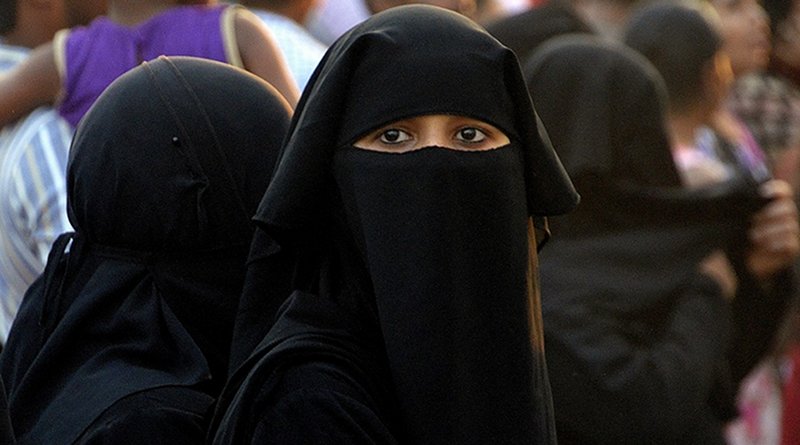Taliban: Violators Of Pashtunwali – OpEd
God didn’t create anything of no use. Every character plays a particular role. Some societies define it according to their culture, while others construct it for the sake of their own interests and satisfaction.
The term Cheegha is used in “Cheegha: The Call” by Ghulam Qadir Khan Daur as an alarming call to warn the locals about an unusual happening. It is one of the best books I have read about Pashtuns and Pathan culture. Pashtun culture has its own beauty, and no culture is repressive or oppressive in either the East or the West. Culture establishes the principles for society to follow for the betterment of all.
When living in groups, no one can act selfishly. He must look after his kin and other fellows. However, what is going on in Afghanistan is of grave concern not just for the international community, but for the Pashtuns themselves. Before, we have to look into what Pashtun culture say about women, as Afghan women are the subject matter of this writing. For the sake of understanding Pashtun culture, one has to visit these tribal folks by himself. There is vogue narrative among other ethnic groups that Pakistan suppresses women. They are just confined to the household and are not allowed to seek education as the culture say.
But does Pashtunwali really say that? As far as I have understood, Pashtunwali is an all encompassing framework that covers all duties and rights inside Pathan culture. About the women, there is no single world of oppression in Pashtunwali. Women are respected and protected, even if it costs men their lives. They are treated equals to as men and some elder women are treated equal to Mashrans or Maliks. They are free to do business, do jobs, and look after their households. They are so strong and brave that they know how to fire a weapon so to survive in the need of an hour. When I visited the tribal belt, I went all over to the Afghan border in Kurram agency passing through Parachinar. There was no single event during my whole visit when I had seen Pashtun women as suppressed. I saw them everywhere moving freely along men in parks, markets, and in educational institutes, also.
But what is happening on the other side of the border in Afghanistan must concern the whole Pashtun nation. Afghan Taliban relating their principles to Islam and Pashtun culture have banned women from going to university. Neither it is Islam, nor Pashtunwali but just Taliban’s slumber into patriarchal ignorance. In Karzai and Ashraf Ghani’s government, certain reforms were made to empower women. But Afghan Taliban have reversed them. International community has variously stressed upon empowering women and fulfilling their rights if Taliban wants to be recognized as legitimate government of Afghanistan. United Nations called Afghanistan “the most repressive country in the world regarding women’s rights”. EU Sanctions two Acting Ministers of IAG Neda Mohammad Nadim (Higher Education) and Mohammad Khalid Hanafi (Propagation of Virtue and Prevention of Vice) for supporting ban on women education and gender-segregated practices in public spaces.
Here in Pakistan, women in tribal belts are the true representatives and beneficiaries of Pashtunwali because they fulfil their duties and seek their rights. In Afghanistan, the traffic is one way. Women are only struggling to fulfil their duties, but when it comes to their basic rights of education and social freedom, they are confined to just households. Pakistan in the start had tried to somehow mitigate in helping Taliban to establish an inclusive government and empower women to meet the commitments from international community. But the group has proven rigid in its so-called Islamic policies.
Pakistan condemns such actions and during UNSC Open Debate on “Women & peace and security, FM Bilawal Bhutto said “The right of women and girls to access all levels of education and work is a fundamental right in keeping with Islamic injunctions”. Pakistan firmly believe that girls’ education is one of the cardinal rights of all human beings in Islam. IAG’s decision to ban education for female students in Afghanistan is a repressive and regrettable step, which will further isolate Afghanistan. Women’s participation in public and political life is critical for Afghanistan’s future. Women and girls in Afghanistan deserve a chance to realize their full potential and contribute to their country’s growth. And lastly, Taliban must stop referring their suppression of women to Pashtunwali. It only impacts sentiments at both sides of the border and can damage cultural image of Pashtuns.

